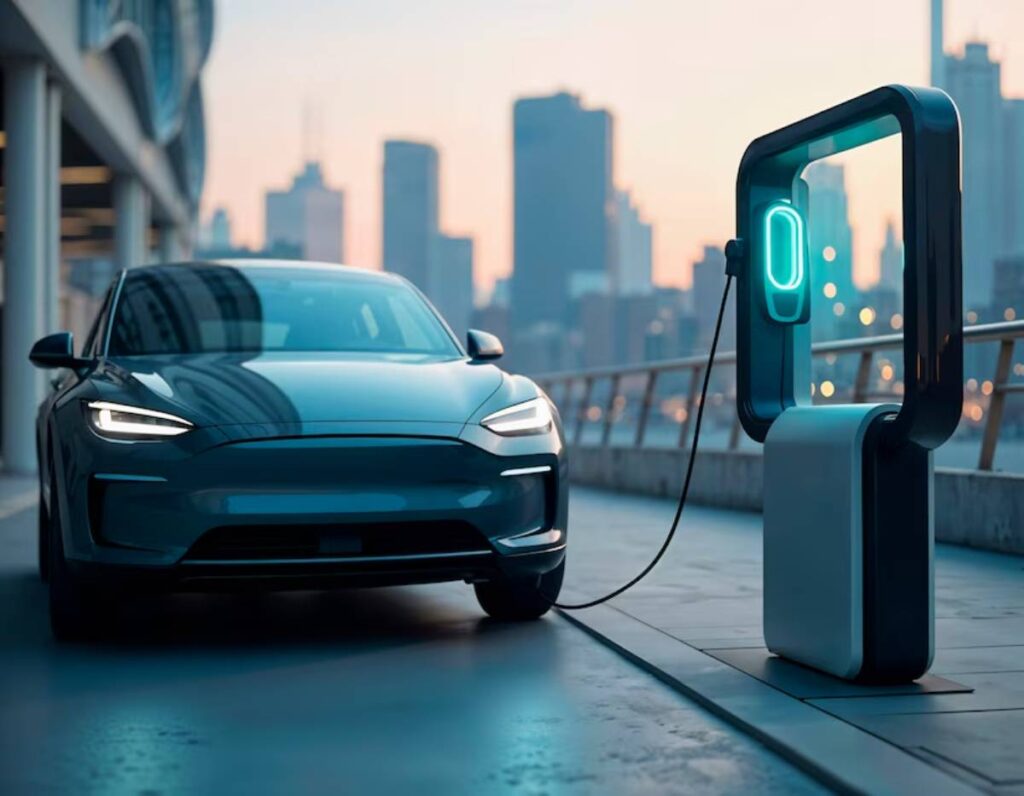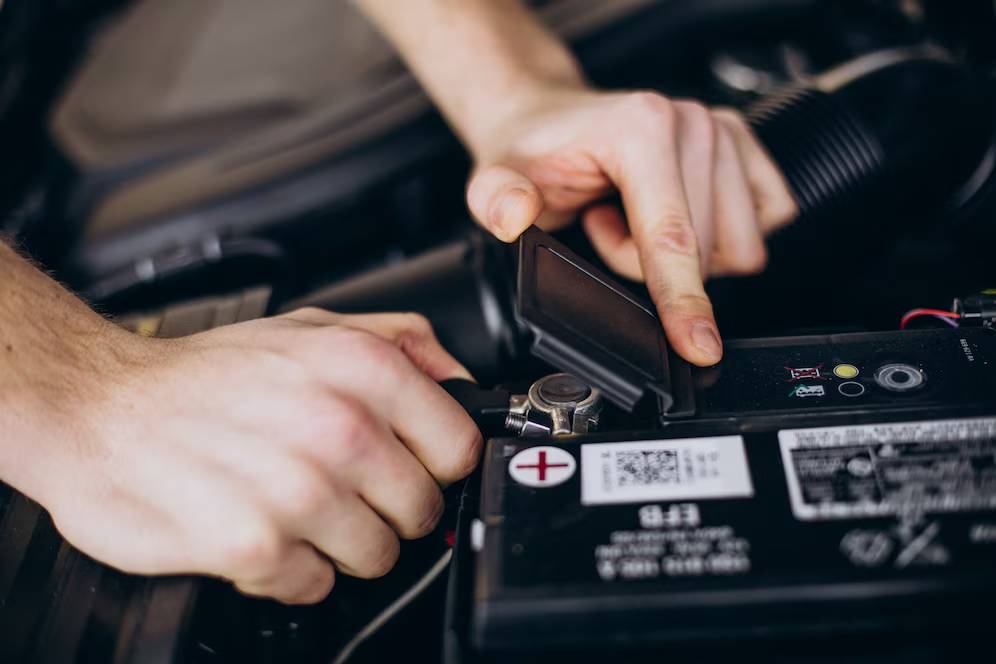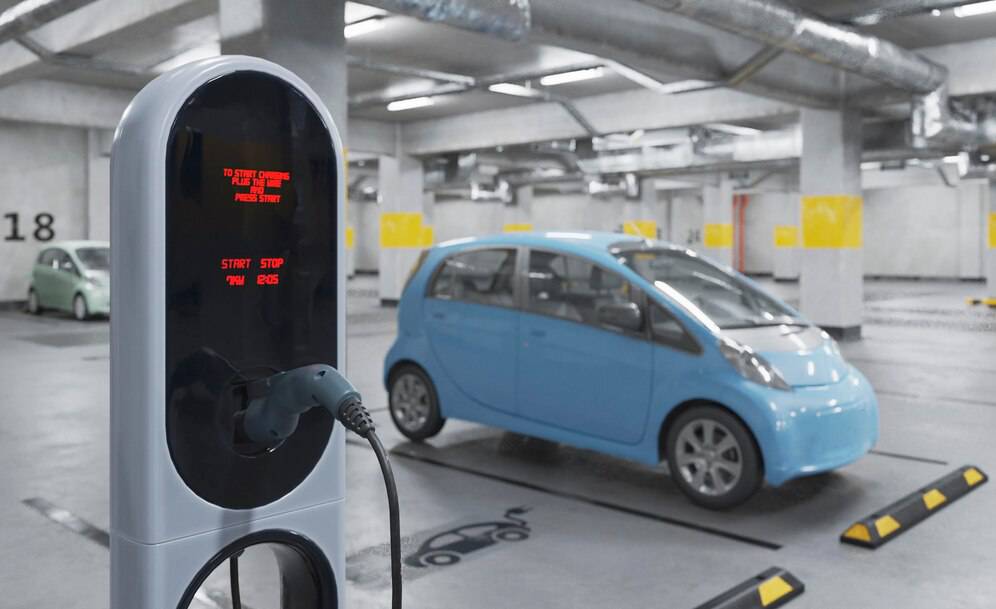The Automobiles & Vehicles Blog

Hidden Costs of Owning an Electric Car
Buying an electric car seems like a no-brainer these days. No fuel stops, fewer emissions, and a quiet, futuristic drive. But as the UK races towards a greener future, many first-time EV buyers find themselves surprised by the hidden costs of electric car ownership.
Yes, you’ll save on petrol. And yes, the government offers some tempting incentives. But once the novelty wears off, a few unexpected charges can creep in — from EV maintenance expenses to higher EV insurance rates, and even charging quirks that aren’t so wallet-friendly.
This guide pulls back the curtain on the lesser-known costs associated with electric vehicles (EVs). Whether you’re still shopping around or already own one, this is your honest, practical look at what going electric really means for your budget.
1. Upfront Purchase Price: Not Just the Sticker Tag
Let’s start at the beginning. While prices are gradually becoming more competitive, EVs still tend to cost more upfront than their petrol or diesel counterparts.
Why?
- Battery tech is expensive (though getting cheaper)
- Newer models = newer pricing — EVs tend to have the latest tech
- Options like larger batteries or faster charging cost extra
Example: A petrol hatchback might cost £18,000. Its electric equivalent could start at £26,000 before any incentives.
Government Grants Help — But Not Always Enough
The UK’s Plug-in Car Grant ended in 2022, and while there are still grants for home chargers, upfront savings are now limited. Scotland continues to offer interest-free loans for EVs, but most buyers will need to budget without a hefty discount.
2. Charging Costs: Cheaper Than Petrol — Usually
One of the biggest perks of EVs is ditching the pump. Charging at home is significantly cheaper than filling up a tank — but it’s not always straightforward.
Home Charging
- Installation cost: £800–£1,200
- Smart charger grants: The OZEV grant can knock off up to £350
- Electricity tariffs: Off-peak EV tariffs can save money, but rates vary
If you don’t have a driveway or garage? You’re stuck with public charging.
Public Charging
- Fast chargers: 25p–40p per kWh (still cheaper than petrol)
- Rapid/superfast chargers: 50p–85p per kWh
- Idle fees: Stay plugged in too long and you might pay extra
- Subscription models: Some networks offer discounts for monthly fees
Hidden Cost Insight: Public chargers may require multiple apps or RFID cards — not all are pay-as-you-go friendly.
3. EV Insurance Rates: Surprisingly Higher (For Now)
Despite fewer moving parts and better crash safety, EV insurance rates tend to be higher than those for petrol or diesel vehicles.
Why?
- Repair costs: Batteries and electronics require specialist labour
- Limited parts supply: Especially for newer or imported models
- Fewer repair centres: Labour charges are higher when fewer garages are qualified
- Higher car value = higher premiums

Real-World Example: A 2023 Volkswagen ID.3 might cost 20–25% more to insure than a comparable VW Golf, depending on your provider and location.
4. Servicing and Maintenance: Cheaper, But Not Free
Here’s where EVs shine. With fewer moving parts, no oil changes, and no spark plugs, they’re far easier to maintain — but don’t assume zero costs.
Typical EV Maintenance Costs:
- Tyres: EVs are heavier, so tyres wear faster
- Brakes: Regenerative braking helps, but parts still need checking
- Coolant systems: Batteries require thermal management
- Battery checks: Some manufacturers recommend periodic diagnostics
- Software updates: Some are free; others may require dealer visits
EV maintenance expenses can be lower overall, but they’re not nonexistent.
Annual Service Example:
- Petrol vehicle: £250–£400
- EV: £120–£250 (varies by model and dealer)
5. Battery Degradation: Longevity Comes with Caveats
Batteries are the heart of an EV — and also one of the most expensive components. Most are designed to last 10–15 years or 100,000+ miles, but real-world use can vary.
What Affects Battery Life?
- Frequent rapid charging
- Extreme cold or heat
- Consistently running battery to 0% or 100%
- Infrequent use
Warranty Insight
Most manufacturers offer 8-year/100,000-mile battery warranties. But if issues happen just outside of that? Replacement costs can exceed £5,000.
6. Charging Infrastructure: Not Always Easy or Cheap

Access to reliable chargers is improving, but still patchy in rural or less developed areas.
Costs to Consider:
- Parking fees: Some charge points are in pay-and-display bays
- Queueing time: Time is money — especially if you travel for work
- Mobile data: Public charge apps drain data and battery
- Cable theft or wear-and-tear: Not covered by all insurers
7. Resale Value: Still Evolving
Because EV technology is evolving fast, today’s models may depreciate more quickly than expected.
- Rapid tech improvements can make older models feel outdated
- Battery health plays a big role in resale value
- Brand perception and charging network reputation matter
Good News: With the 2035 petrol/diesel ban approaching, EV demand is growing — which could help balance future resale values.
8. Extras & Accessories
Going electric can mean buying a few new things:
- Portable chargers (£150–£300)
- Charging cables/adaptors (not always included)
- Wall mounting brackets or cable tidies
- Home electrical upgrades (like fuse box modifications)
Tip: Ask your installer if your current setup is future-ready. Upgrading later can cost more.
9. Road Tax and Congestion Charges: For Now, You Save
EVs are exempt from:
- Vehicle Excise Duty (VED) — until 2025
- London Congestion Charge — until 2025
- ULEZ charges — helping city drivers save
But these perks are gradually being phased out. After 2025, new EVs will pay a standard rate — albeit still lower than most ICE cars.
10. Unexpected “Lifestyle” Costs
This one’s less about money and more about mindset. Going electric may require changes in your daily habits:
- Trip planning becomes more strategic (charging stops)
- Long-distance travel might take longer
- App fatigue from using multiple charging networks
- Winter range anxiety (yes, batteries perform worse in the cold)
These aren’t financial costs in the strictest sense, but they can affect your time, comfort, and confidence as a driver — especially in the early months of ownership.
Real-Life Case Study: James in Leeds
James switched from a diesel Audi to a Nissan Leaf in 2022. “At first, I thought I’d save a fortune,” he says. “And in many ways I have — no fuel, low servicing, free city parking. But…”
He lists his surprises:
- “Insurance jumped by £240.”
- “My wall charger cost more to install than expected — our wiring needed an upgrade.”
- “And I didn’t realise how many charging apps I’d need on long trips.”
Still, he’s staying electric. “Once you get used to it, it’s a smoother, quieter way to drive — and I love not seeing the petrol pump.”
Look Beyond the Brochure
Buying an EV isn’t just about saving the planet or ditching petrol. It’s a lifestyle shift — and like any change, it comes with its share of surprises.
That doesn’t mean EVs aren’t worth it — quite the opposite. As infrastructure improves and battery prices drop, electric cars are becoming more accessible than ever. But going in with open eyes ensures you can truly enjoy the ride.
Have you had an unexpected cost from your electric car? Or are you thinking about making the switch? Drop your thoughts or questions in the comments below — we’d love to hear your experience and help other drivers feel informed.









